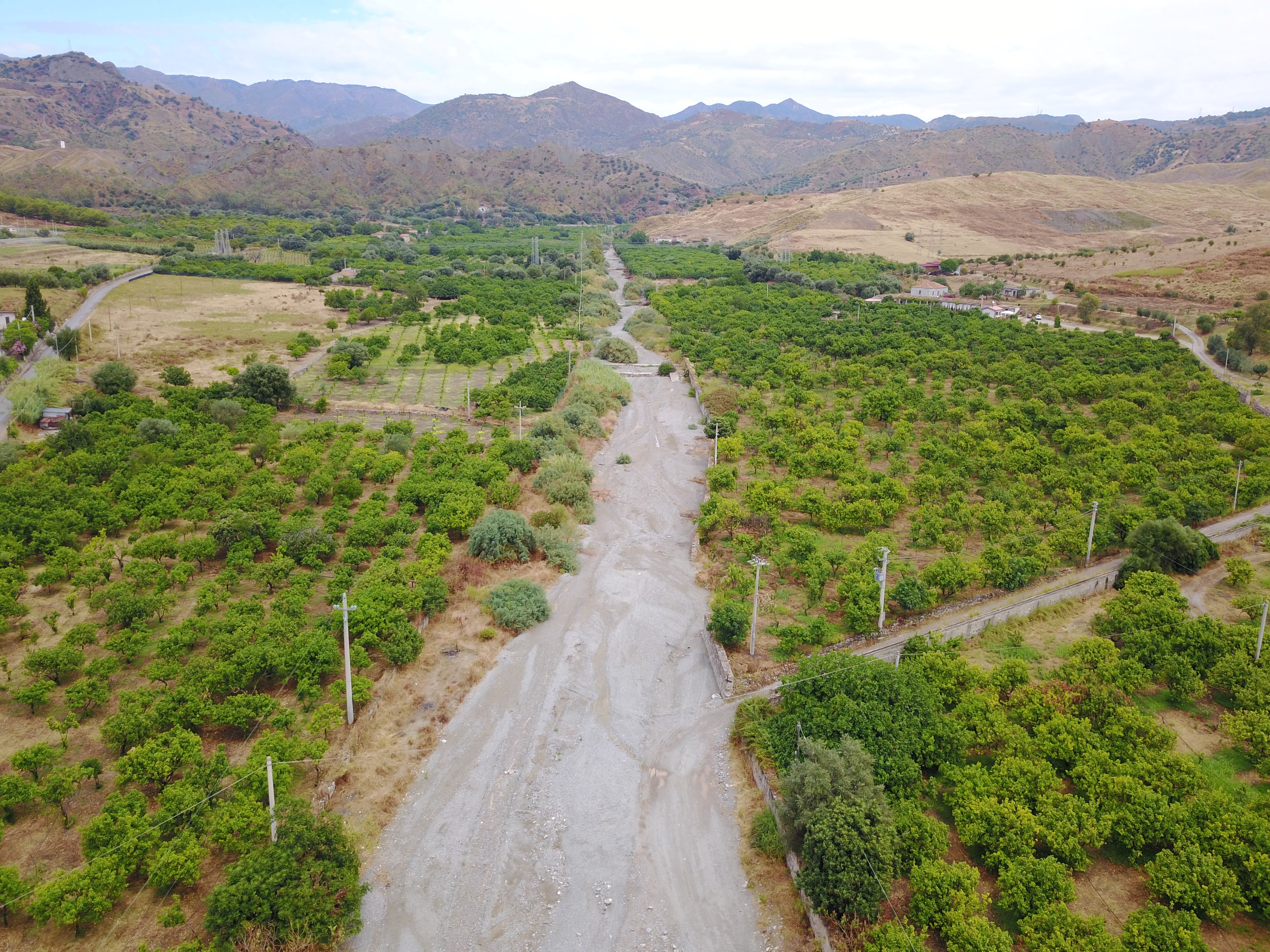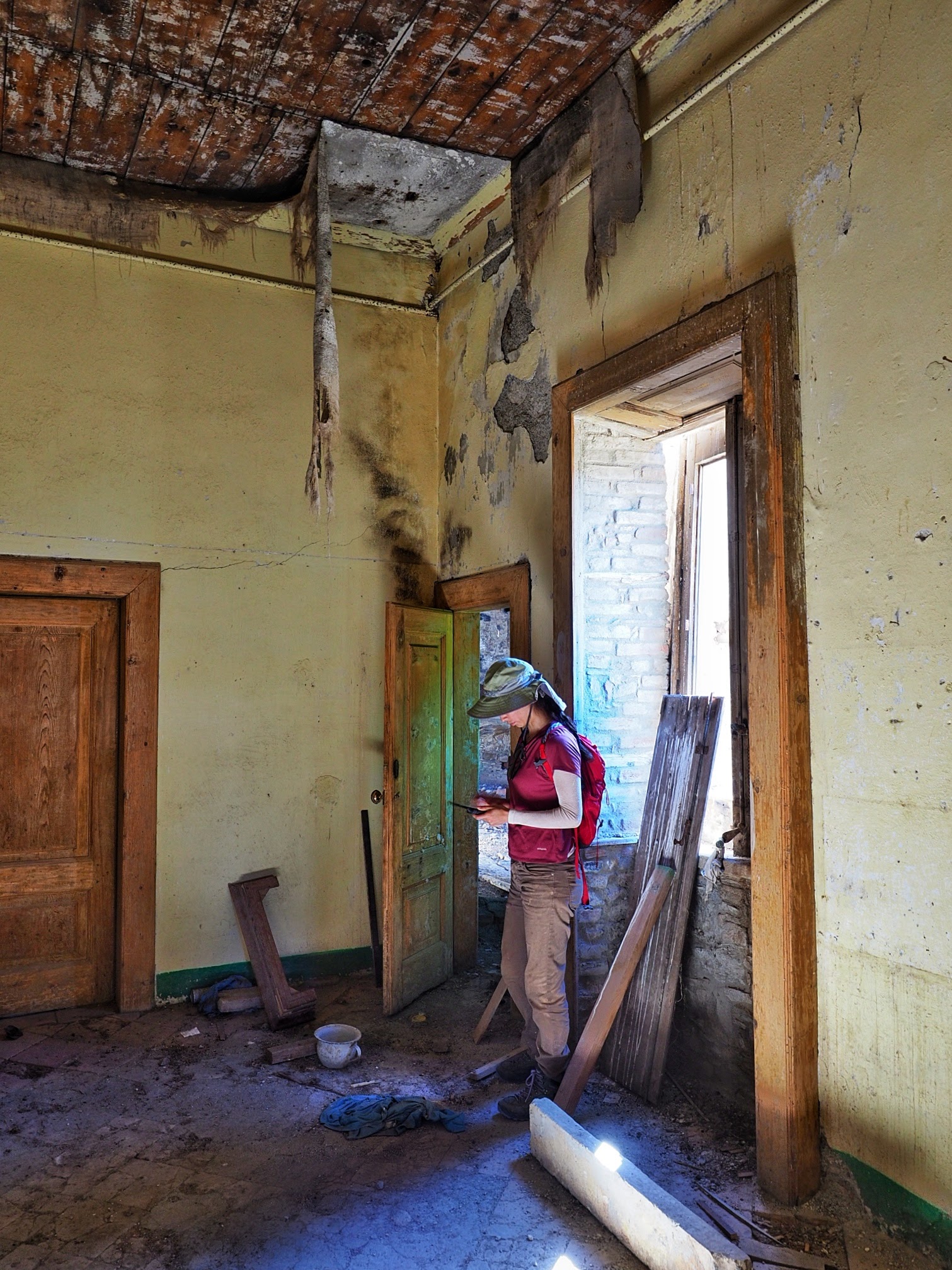Laborscapes and Archaeologies of Sustainability
I’m very happy to announce the publication in the Journal of Mediterranean Archaeology of a new article about the fieldwork we have been conducting in Calabria, southern Italy, where we have been working to identify long-term trend of increasing vulnerabilities for Bergamot farming in the region.

A team of archaeologists from SDSU, the University of Notre Dame, St. John’s University, and the University of Cambridge, have been studying the history of Bergamot farming in Calabria, southern Italy. This is one of the very few places were Bergamot, a citrus fruit grown for its essential oils, can be grown. The team uses interviews with residents, archaeological study of early buildings, and the study of historical documents, old maps, and air photos, to map out community-level changes in rural Bergamot farming over the past 200 years. In the past, these rural communities were largely self-sufficient, employing labor-intensive, but locally-constructed farming infrastructure, such as terraced hillslopes, communal wells, and water cisterns.

In recent years, the younger generations have left rural farms, preferring to live and work in the city. The few remaining Bergamot farmers have come to rely on expensive imported technological solutions, such as water pumps and plastic piping, to keep their Bergamot operations solvent. However, the terraces on which their trees stand are being eroded by intense summer rainstorms, and farmers now lack both the labor and capital to repair them. This problem will only get worse as the global climate continues to change. The team is working with stakeholders to use local knowledge and history to find potential solutions to these issues moving forward.
Citation
Meredith S. Chesson, Isaac I.T. Ullah, Nicholas Ames, Sarah Benchekroun, Hamish Forbes, Yesenia Garcia, Giovanni Iiriti, Paula K. Lazrus, John Robb, Maria Olimpia Squillaci, Nicholas P.S. Wolff, 2019. “Laborscapes and Archaeologies of Sustainability: Early Globalization and Commercial Farming in the San Pasquale Valley, Calabria, Italy from AD 1800–2018.” Journal of Mediterranean Archaeology. 32:1, pp.32-62. http://dx.doi.org/10.1558/jma.39327.
Download
A copy of the paper can be downloaded here.
Funding
The research was funded by a grant from the National Endowment for the Humanities.

Leave a comment